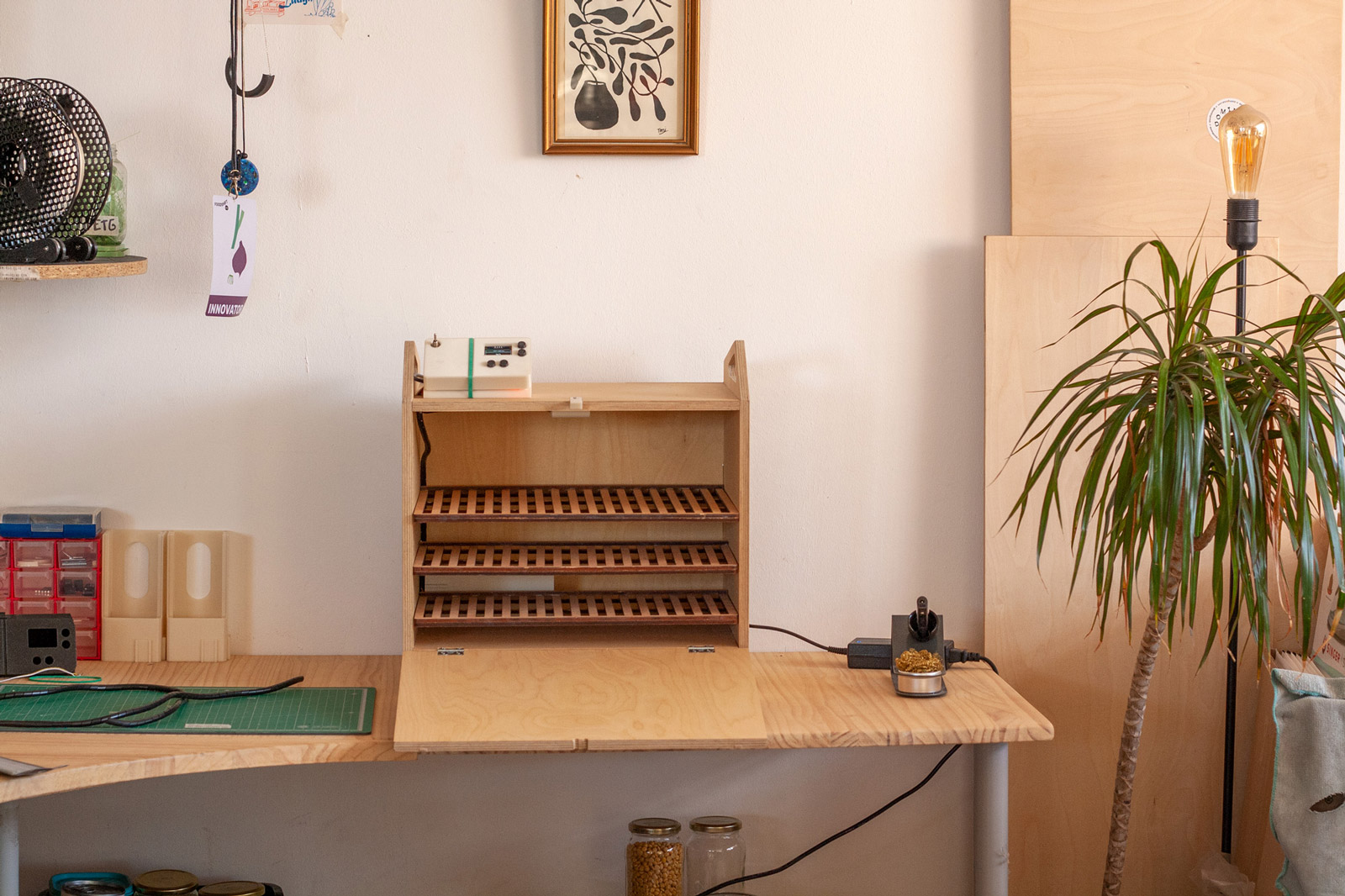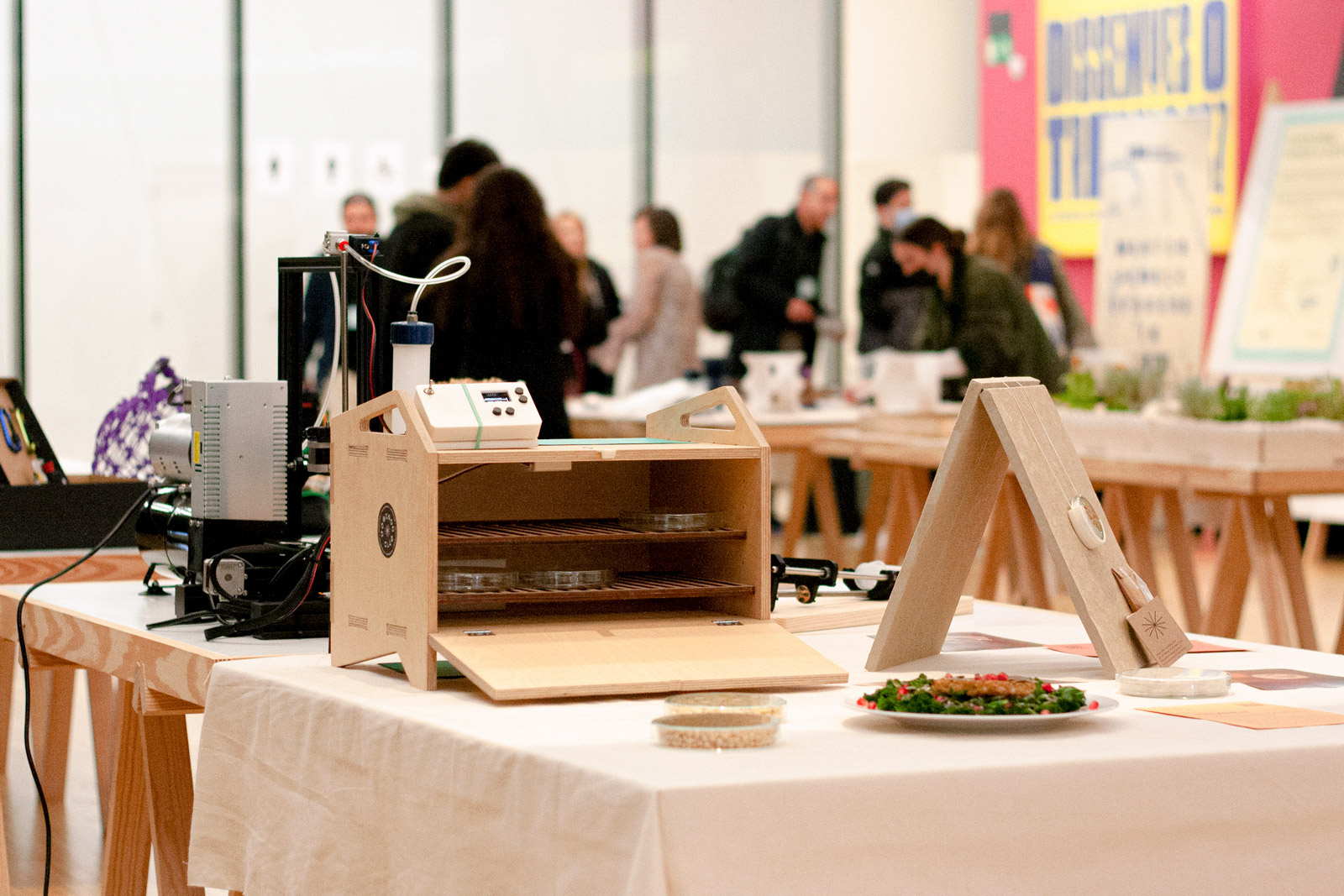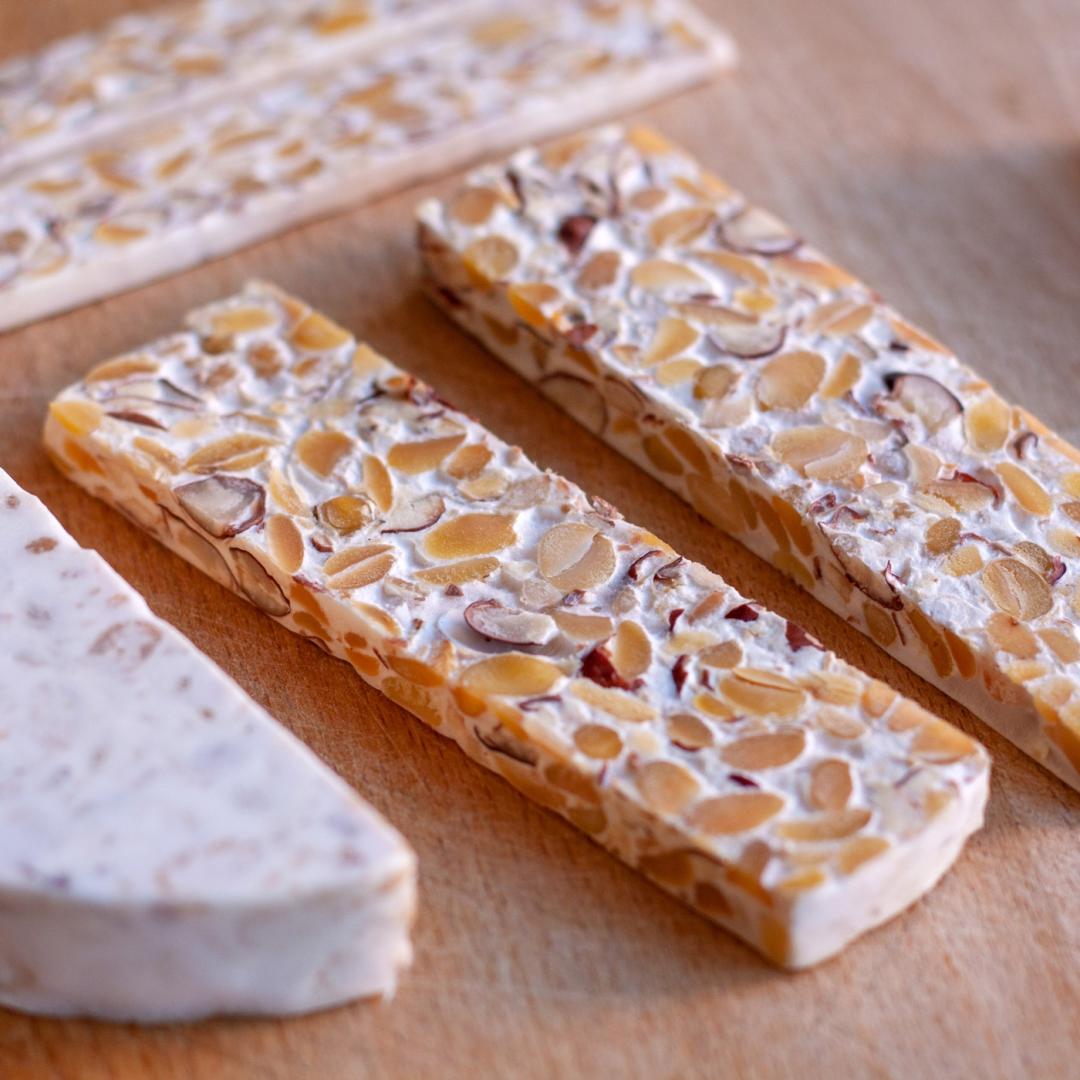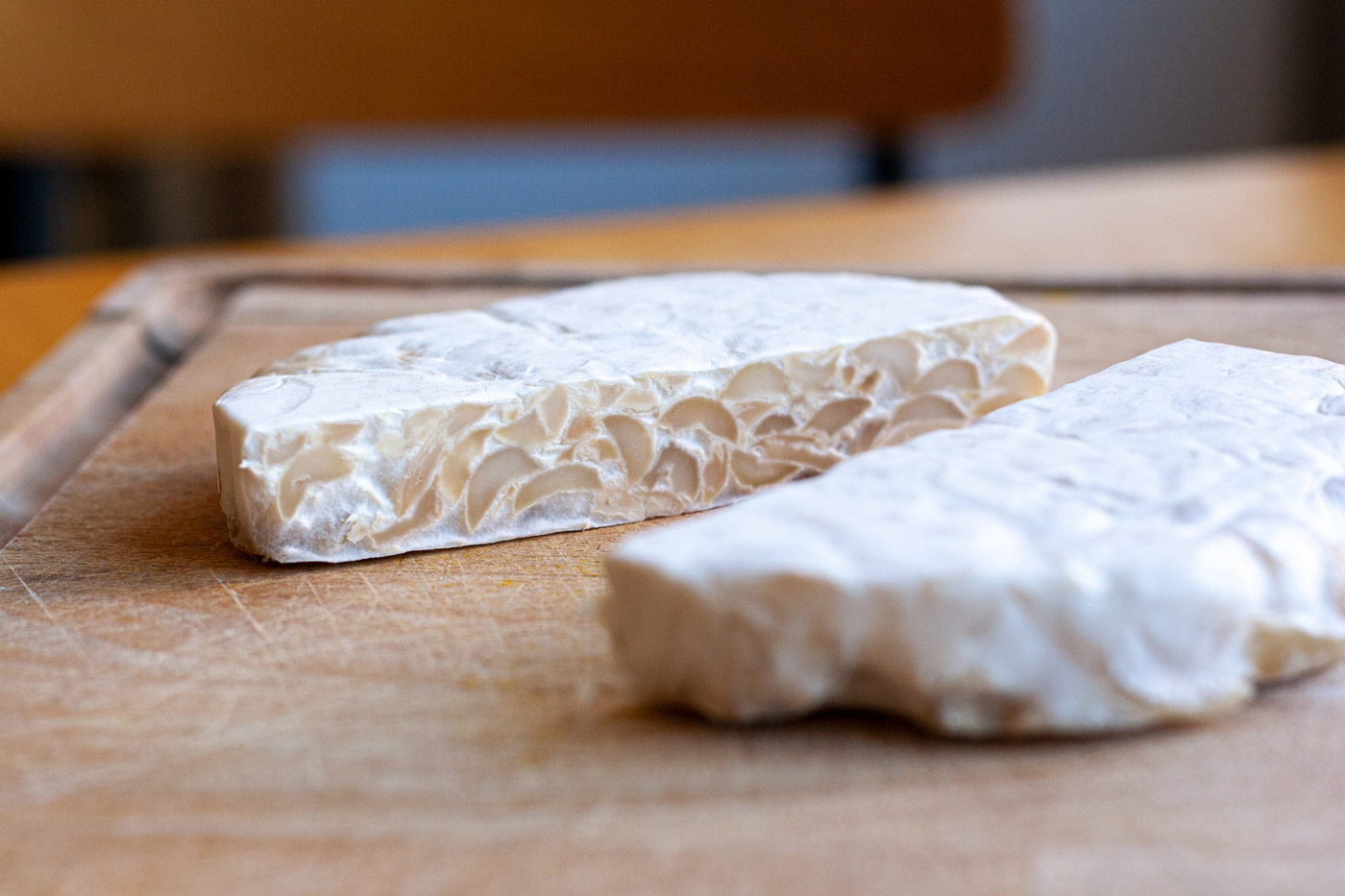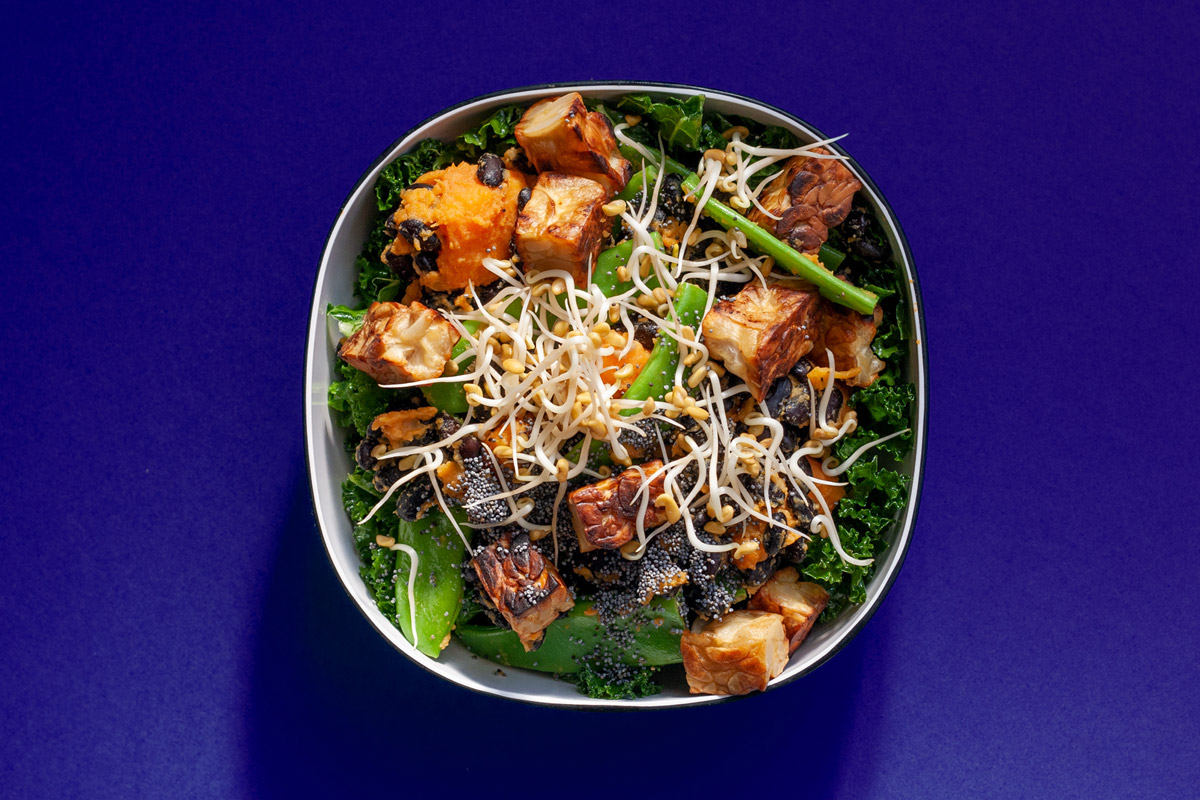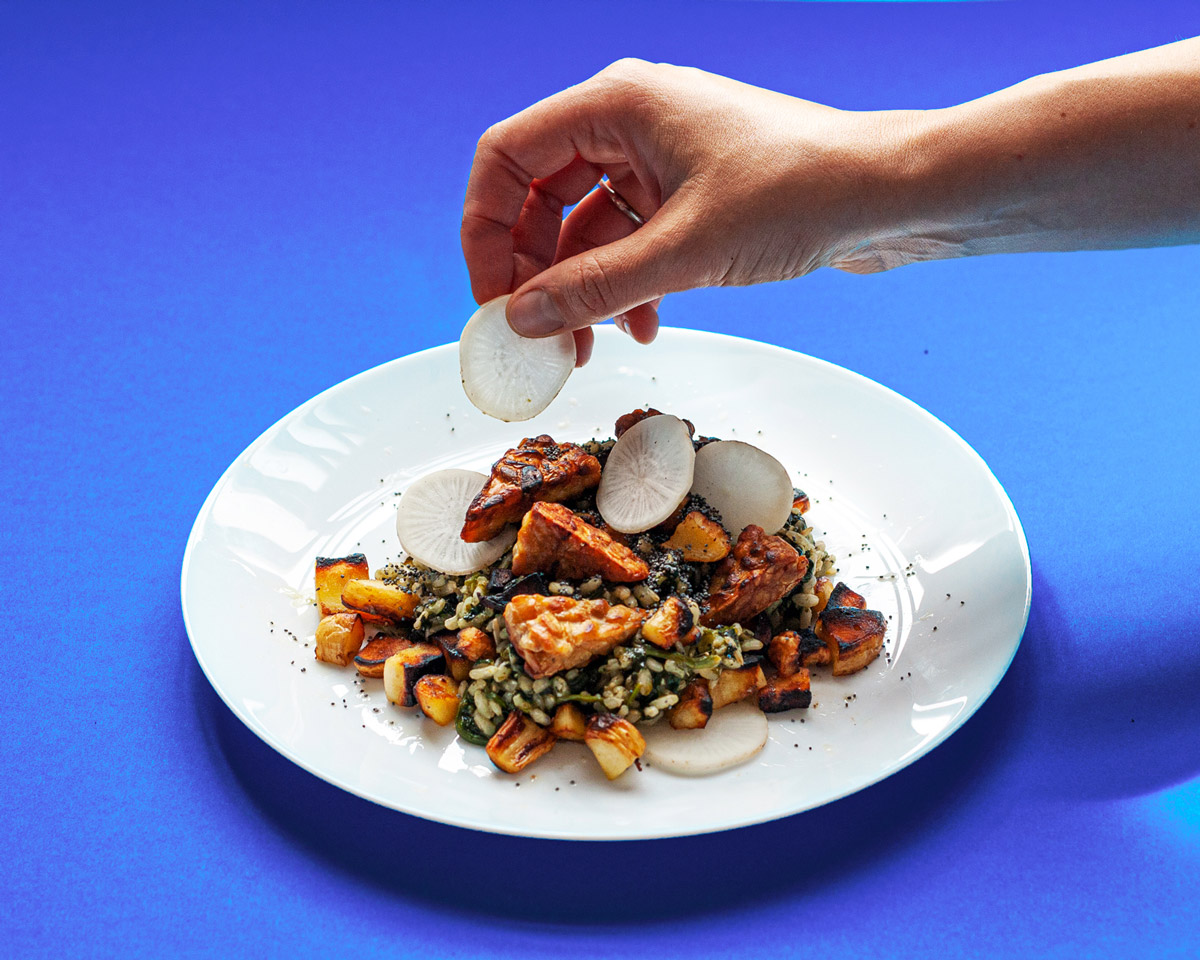Domingo Club
Basic information
Project Title
Full project title
Category
Project Description
Domingo Club promotes fermented plant proteins and build tools so that everyone can make them at home for the benefit of our lives and our planet. We deeply believe that big changes come from everyday habits, we therefore invite everyone to join the club and start fermenting our food and building a brighter and healthier future together.
Geographical Scope
Project Region
Urban or rural issues
Physical or other transformations
EU Programme or fund
Which funds
Description of the project
Summary
As we are facing a climate crisis, we have no choice but to act. Animal agriculture is now one of the main causes of the loss of our natural environment and climate change. We need to adapt the way we produce food and this can start with our daily consumption habits. Indeed, we believe that a key part of the solution is to shift to a plant-based diet whether for the planet benefit but also for our health benefit. Global temperatures rise as forest cover decreases, and oceans warm as they absorb ever-more carbon dioxide. Animal agriculture is the leading cause of desertification, habitat destruction, wildlife extinction, and ocean dead zones… All of which degrade the climate. To ensure access to safe, healthy, nutritious and affordable food that can nourish our communities as well as our planet, we need a shift towards more plant-based, resilient and localised food systems.
We agree that the world needs innovations to tackle the climate crisis, but we truly believe that most innovations should come from the missing link between nature and humanity. For instance, fermentation is a natural way to increase the protein needed in a plant-based diet. This is because the process of fermentation breaks down the molecules in food thanks to microorganisms. This pre-digestion allows us to absorb many more nutrients from the food.
Our plan is to bridge the gap between people and sustainable plant-protein food by offering them solutions they can produce themselves at home in order to put citizens at the centre of food systems change. We aim to create a club that does the promotion of fermented plant-proteins and give to people resources and tools to make them at home. The Domingo Club will materialise as a digital community platform that will be built around our first tool, a home fermenter device that we imagine in everyone's kitchen to start fermenting tempeh, a natural source of plant protein from Indonesia, made from legumes and fungi.
Key objectives for sustainability
The Domingo Club aims to challenge the way we produce and consume food.
We want to introduce and demystify the practice and benefits of fermentation and the power of micro-organisms to everyone. This is for health benefits to improve our immune function and mental health, but also for environmental benefits to fight animal and intensive agriculture and improve the management of natural resources. We believe that fermented foods provide delicious protein meals from natural ingredients that require little effort for maximum benefit. Power food is at our fingertips!
We want to move away from rapid, global manufacturing processes and we believe that partnering with micro-organisms and fungi invites us in the most beautiful direction. This movement will help us to be more aware of our natural environment and its resources, while helping to preserve and regenerate biodiversity.
To do this, we are designing a home fermenter. This is a device that anyone can have at home to start fermenting tempeh, a natural source of vegetable protein made from legumes and fungi. Tempeh can be made from soybeans, lentils, chickpeas, lupines, etc. In fact any type of local bean that grows in your area. This makes tempeh fermentation one of the best natural processes for boosting our local crops, wherever they are, to provide alternatives to meat, for everyone.
Through our fermenter device, we want to teach citizens how to ferment and grow their own plant proteins with respect to our environment. Our mission is to provide the resources and tools to become resilient to the current food system. Our strategy is to implement a learning by doing practice with the use of the Domingo Fermenter which is accompanied by an online platform where people share their recipes and experiences
Key objectives for aesthetics and quality
We want the Domingo Club to be an invitation to reconnect with the beauty of natural processes and to contemplate the power of invisible nature. We aim to promote the practice of fermentation as a meditation practice because it can bring you into a routine of gestures and put you into a flow of taking care of your micro-pets. We believe that it can trigger real feelings of satisfaction to wait for something to ferment because you build relationships with non-human beings based on gratitude.
Moreover, fermentation is much slower than everything around us and we think that there is a real need to slow down in the midst of such a very fast-paced life that we have accepted. We want our fermenter to be an invitation to disconnect from the fast-paced life around us and to contemplate another pace in order to reconsider our place in a world that we cohabit with other species.
We see the Domingo Club as a curiosity box. It will invite you to observe and understand natural systems for more synergies with microorganisms.
But starting a new fermentation practice can be intimidating. That's why one of our main goals is to bring people together in the form of a club. A safe space where everyone can teach and learn from each other, discover new recipes and experiment with food, mushrooms and fermentation. Together we can find the best ways to produce protein-rich food locally. And the best way is not the same for everyone because it depends on the local resources available.
Key objectives for inclusion
We deeply believe that what we do has much more meaning and impact when we are not the only ones doing it. It's why our project is open-source and based on the creation of a club to invite everyone to join the movement and generate impact in our global food system in terms of sustainability but also in terms of equity and accessibility.
Everything is easier when it is done with the right tool. That's why we design and build our own fermenter. Firstly because such a tool does not yet exist, and secondly because we want it to be the best possible. Not the best for us, because it generates income, but the best for people because it is affordable, understandable, repairable, and can be made anywhere on earth.
Our philosophy is inspired by the Maker movement, which arose as a social movement within the association and citizen network, democratises technologies and pursues concepts like "do-it-yourself", the circular economy, Kilometre Zero and open technology and democracy.
We will use digital fabrication techniques to prototype and produce our fermenter device allowing it to be (re)produced in any FabLab/makerspace around the world. We aim to use digital technologies to ensure sustainability and social and environmental impact, to address social challenges and promote circular economy models. We want to strengthen the alternatives of the sharing economy and promote inclusion in the digital economy.
Physical or other transformations
Innovative character
Tempeh is a nutritious, sustainable and affordable solution from Indonesia. Our mission is to bring and facilitate this solution elsewhere as a fermentation technique that can be used with local beans and the spores of the source mushroom. In Indonesia the tropical weather makes tempeh easy to grow without any device. Elsewhere, a device that maintains heat and humidity may be needed. Our goal is to propose an open-source fermenter device that makes growing tempeh as easy as in Indonesia.
To bring equal opportunities and generate a bigger movement around sustainable food and sustainable technologies, we want our Domingo Fermenter digitally distributed and digitally manufacturable. We want our device as simple as possible so that it is easy to understand and to take apart in order to repair it or to upgrade it. For more circularity but also for educational purposes. Our open source fermenter device will be made up of few components and be low consumption so that it can be used anywhere, regardless of the price of electricity.
To create and generate a committed movement, we want to bring experience quality beyond functionality. It's why we want to create the Domingo Club, a digital community-based platform around the technique and tools of tempeh fermentation to bring more resiliency to our global food system and tackle climate emergencies. It will be an open space to share and learn from others and take this project forward.

